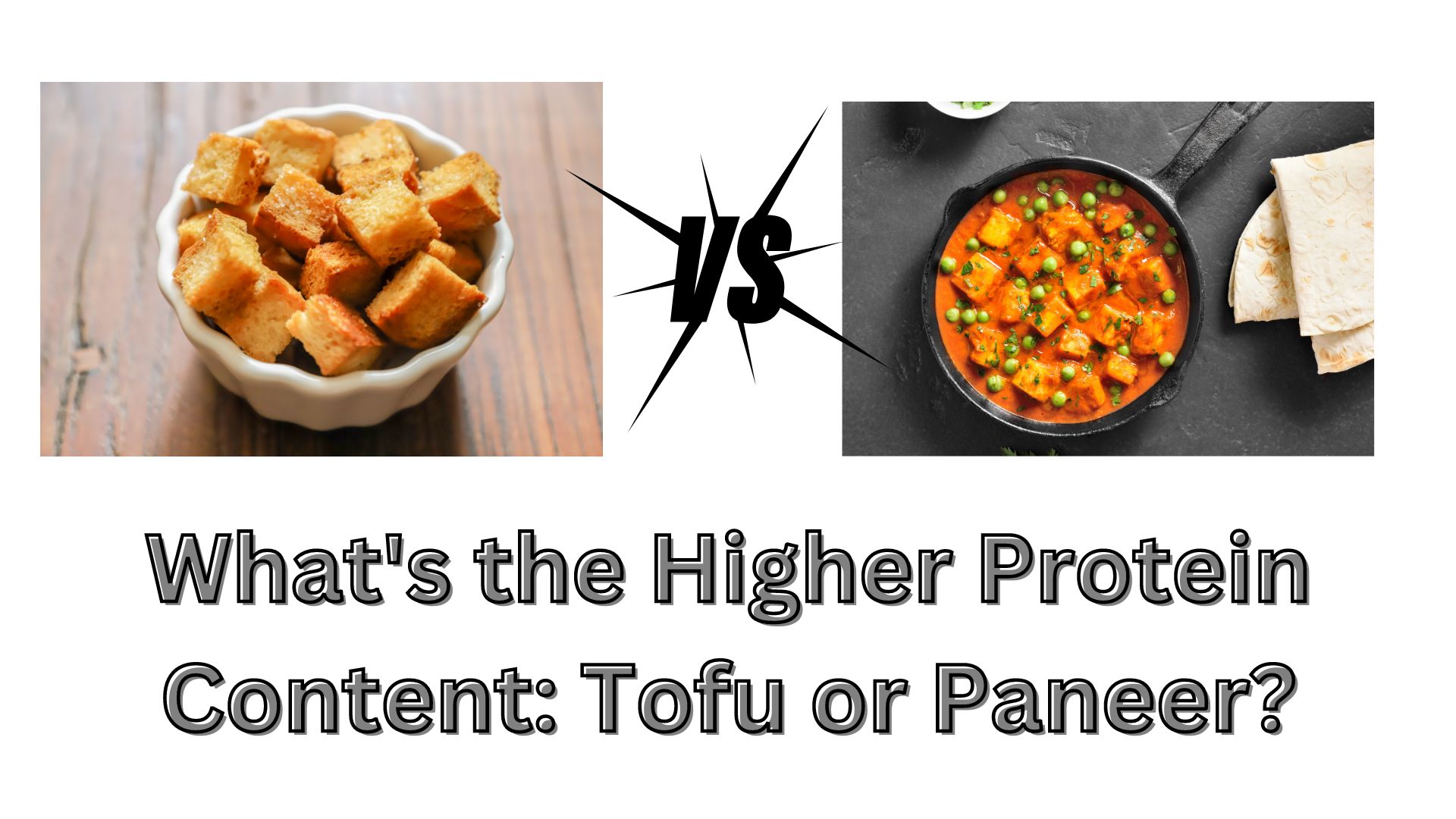
Tofu and paneer, both cherished staples in vegetarian and vegan diets, serve as versatile protein sources, each boasting distinct textures and flavors. With their increasing popularity, a common inquiry arises: which of these soy-based and dairy-based products contains more protein? Given the significant role protein plays in weight loss diets, addressing this question becomes crucial. This article aims to guide you in making informed dietary choices centered around the protein content of these two beloved options.
Tofu
Also known as bean curd, tofu is a soy-based product extracted from soybean milk, having been a culinary mainstay in Asian cultures for centuries. Its global acclaim stems from its remarkable versatility, with variations such as silken, soft, firm, and extra firm catering to diverse culinary applications.
Protein Content
Tofu is renowned for its protein content, making it a favorite among vegetarians and vegans. On average, firm tofu contains approximately 10-20 grams of protein per 100 grams. This protein-rich profile positions tofu as an excellent substitute for meat, particularly for those seeking plant-based alternatives.
Complete Protein
A standout feature of tofu is its classification as a complete protein, delivering all essential amino acids crucial for proper bodily functions. This quality renders tofu a valuable protein source, especially for individuals adhering to plant-based diets. Beyond protein, tofu is a source of essential nutrients like iron, calcium, magnesium, and manganese. Additionally, it boasts antioxidants and phytochemicals, contributing to overall health benefits.
Paneer
Paneer, a type of fresh cheese, holds popularity in Indian cuisine. It is crafted by coagulating milk with an acidic substance, separating the curds from the whey, and then compressing the curds into a solid block.
Protein Content
Paneer is acknowledged for its protein content, containing around 18 grams of protein per 100 grams. This protein density positions paneer as a valuable inclusion for individuals aiming to meet their protein requirements, especially in regions where dairy is a dietary staple.
Calcium Source
Beyond its protein content, paneer serves as an excellent source of calcium, promoting bone health and overall well-being. While paneer is nutrient-rich, it’s essential to note its relatively high saturated fat content. Individuals monitoring saturated fat intake or seeking lower-fat options may need to consume paneer in moderation.
Tofu vs. Paneer
When deciding between tofu and paneer, various factors such as personal taste preferences, dietary restrictions, and nutritional needs come into play.
Protein Density
Tofu and paneer offer comparable protein content, and the choice between them may hinge on individual taste preferences and dietary restrictions. Tofu excels as a plant-based or vegan option, while paneer caters to those incorporating dairy into their diets.
In the tofu vs. paneer protein showdown, tofu stands out as a complete plant-based protein with added nutrients, including iron and antioxidants. On the other hand, paneer provides a protein and calcium boost with its rich and creamy texture. The decision ultimately depends on individual dietary preferences, nutritional needs, and the culinary context in which they are utilized. Incorporating a variety of protein sources into your diet ensures a well-rounded nutritional profile, supporting overall health and vitality.
Also Read
5 Vegetarian Alternatives for Protein-Rich Diets Without Non-Veg Foods

One thought on “What’s the Higher Protein Content: Tofu or Paneer?”